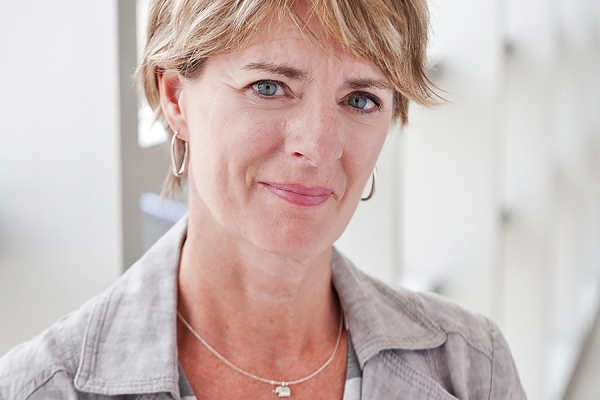 Ottawa economics professor Rose Anne Devlin will present the seminar “Charitable Activities and Community Well-Being” on Thursday, Nov. 24.
Ottawa economics professor Rose Anne Devlin will present the seminar “Charitable Activities and Community Well-Being” on Thursday, Nov. 24.
A seminar Thursday, Nov. 24, will look at charitable organizations and community well-being, with an emphasis on Indigenous communities. It is open to the campus community and will run 4 to 5:30 p.m. in room 104, Anthony P. Toldo Health Education Centre.
Hosted by the Department of Economics and presented by Rose Anne Devlin, a professor of economics at the University of Ottawa, “Charitable Activities and Community Well-Being (with an emphasis on Indigenous communities)” is based on an empirical paper that uses GPS technology to match the location of charities to the location of Indigenous communities.
While charitable activities touch a wide range of individuals, Dr. Devlin says, it is remarkably difficult to capture their impact on communities.
“At least three stumbling blocks are in the way: defining the community, measuring ‘benefits’, and tying charitable services to the community,” she says.
“We undertake this task by focusing on charitable services provided in a specific geographical-cultural space, namely that of First Nations’ reserves and Inuit communities.”
Devlin notes that the presence of charities increases the index of community well-being by about 5 to 7.5 percent, although she is quick to point out the inadequacies of this index: “It is an ambitious undertaking, not without pitfalls, that helps inch forward our understanding of the link between charitable services and community well-being.”
—Sara Elliott
